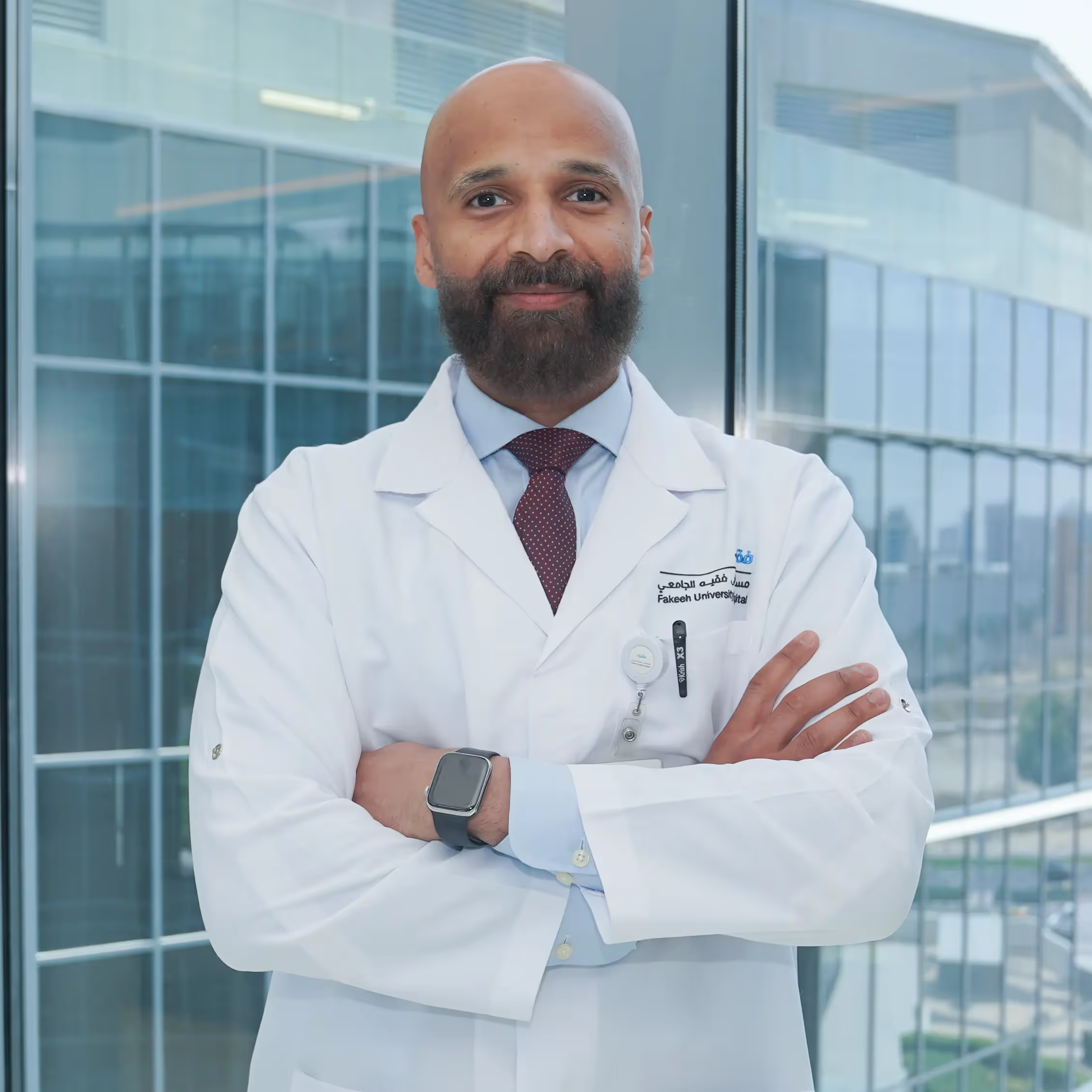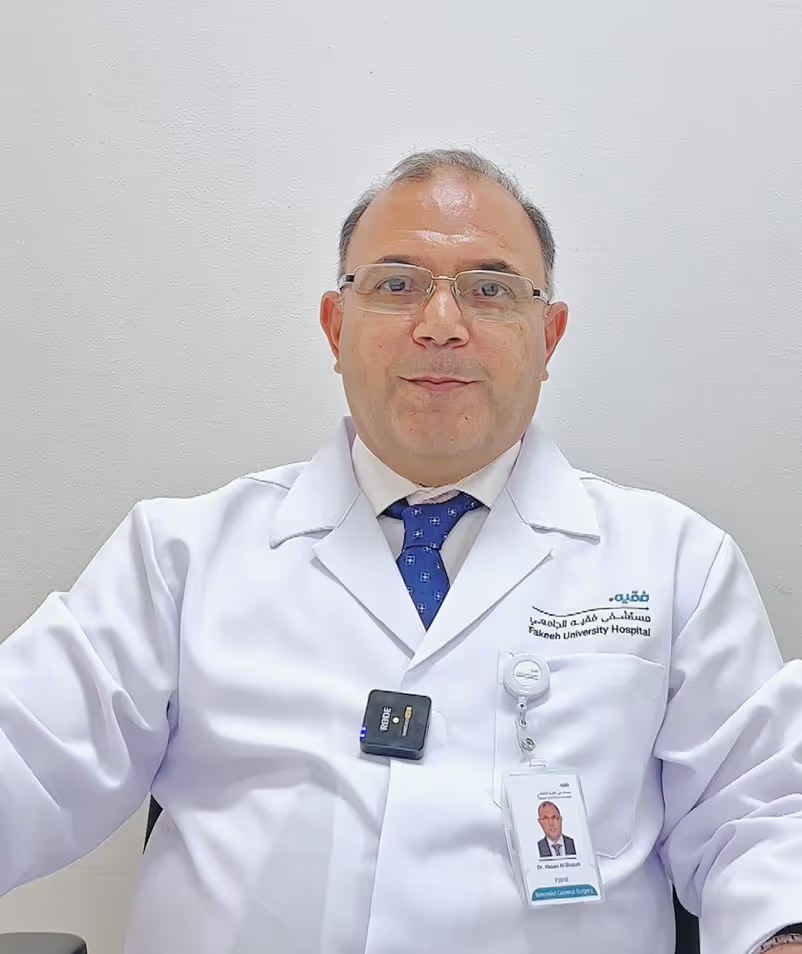Acute Myocardial Infarction, commonly known as a heart attack, occurs when blood flow to the heart muscle is severely reduced or totally obstructed. This can result in permanent damage to the heart muscle and may lead to life-threatening complications. It requires immediate medical intervention.
The underlying mechanism of heart attack is rupture of a ‘plaque’ in the coronary arteries. Plaque is made up of cholesterol, fat, and other waste substances, which accumulate over time, narrowing the arteries.
Followings symptoms may be associated with the chest pain.
Women may experience different symptoms than men during a heart attack, such as:
A heart attack, also known as Acute Myocardial Infarction (AMI), doesn’t always present with dramatic symptoms. The warning signs can be subtle, making it crucial to pay attention to early indicators. Regular heart health check-ups and early medical intervention can significantly reduce the risk of heart attacks and prevent severe damage to the heart muscle.
We offer comprehensive cardiac care through our advanced technology and dedicated team of specialized cardiologists. Our services include state-of-the-art diagnostic tests, emergency treatments, and specialized care for almost all kind of heart-related conditions including heart attack or Acute Myocardial Infarction (AMI).

With a team of surgeons, consultants, and specialist interventional cardiologists who are equipped with modern diagnostic tools that provide both the patients and doctors with the comfort and confidence in care management. Most importantly, with the help of Seven Pillars of FUH Heart Institute – which form the foundation of what we do. Let’s take a look:
Watch #FUHCast by Fakeeh University Hospital, our experts explain the urgency of recognizing heart attack symptoms and how modern treatments can help save lives. Whether you are at risk or just want to stay informed, this video provides valuable insights on how to protect your heart.
In case of chest pain or heart attack symptoms, visit the FUH Emergency Department for immediate care. Our team is available 24/7 to assess and treat heart conditions promptly.
For non-emergency consultations, you can visit our Outpatient Department, where our cardiologists will assess your condition, offer guidance on managing risk factors, and provide personalized treatment plans.
We are available from Monday to Saturday 9:00 AM to 5:00 PM
You can book an appointment with our cardiologists online or by contacting our call center. Below is a list of our expert cardiologists specializing in heart health:

.avif)





